Spirometry is a test used to accurately measure the amount of air you can breathe in and out of your lungs and how fast you can breathe that air out. It is a painless procedure but it will require you to breathe as hard as you can which may make you breathless.
You will be able to rest in between each blow in order for you to get your breath back.
This information has been designed for you to be well prepared for your test so that it is as easy and as useful as possible.
Can I take my medication?
If you have never had spirometry before and it is being undertaken to diagnose a lung condition then you may be asked to stop your respiratory medication prior to testing.
Other medications can affect the test so you may be asked not to take them. You will be fully informed which medication to stop prior to testing.
If you have COPD and the test is part of your yearly review then take all your inhalers as normal.
Medication to stop:
If you have been asked to stop certain medication prior to testing please see below:
4 – 6 hours before do not use:
- Salbutamol (Ventolin, Salamol, Aerolin)
- Ipratroprium Bromide (Atrovent)
- Terbutaline (Bricanyl)
12 hours before do not use:
- Salmeterol and Fluticasone (Seretide)
- Formoterol and Budesonide (Symbicort)
- Salmeterol (Serevent)
- Formoterol Fumerate (Oxis, Foradil)
24 hours before do not use:
- Theophylline (Uniphyllin, Nuelin)
- Montelukast, Zafirkulast
- (Singulair, Accolate)
- Tiotropium Bromide (Spiriva)
Dos and Don’ts
The following list will help us to ensure we are obtaining the most accurate information from your lung test:
Do
- Allocate at least one hour for a spirometry with reversibility
- Arrive in plenty of time for your appointment so that you are relaxed and have time to visit the toilet before your test
- Ensure you remove any loose fitting dentures
Don’t
- Eat a big meal within two hours of the start of your appointment
- Smoke within four hours before the start of the test – smoking affects the test results
- Drink alcohol within four hours of the appointment
- Take any vigorous exercise within thirty minutes of the start of the test
- Take your inhalers if you have been booked in for a reversibility spirometry test
Please note:
A spirometry test cannot be done if you are currently taking antibiotics or steroids for a chest infection.
A spirometry test can be carried out 6-8 weeks after finishing your treatment.
What will I be asked to do?
For us to get the most out of your test you will be asked to:
- Breathe in until you have filled your lungs with air and cannot take any more in
- Put the mouthpiece into your mouth – far enough to avoid blocking it with your tongue or your teeth
- Make a good seal with your lips around the mouthpiece so that air does not escape around the edges
- Pinch your nose for part of the test to prevent air escaping down your nose
- Breathe in fully then out into the spirometer, completely emptying your lungs and squeezing out every last drop of air
- You will be asked to breathe out slowly and completely in a relaxed way and then you will also be asked to blow out as hard as you can and as fast as you can. You will be asked to do this several times
Please inform the Nurse at your appointment if you have had any of the following:
- Recent chest infection requiring antibiotics or steroids
- Heart attack in the last 3 months
- Recent eye or abdominal surgery
- Unstable angina
- Unstable high blood pressure
- Perforated eardrum or ear infection
- Coughing up blood
- Recent CVA
- Abdominal or cerebral aneurysm
- Glaucoma
If you have any questions please do not hesitate to speak your Doctor or Nurse at your appointment.

